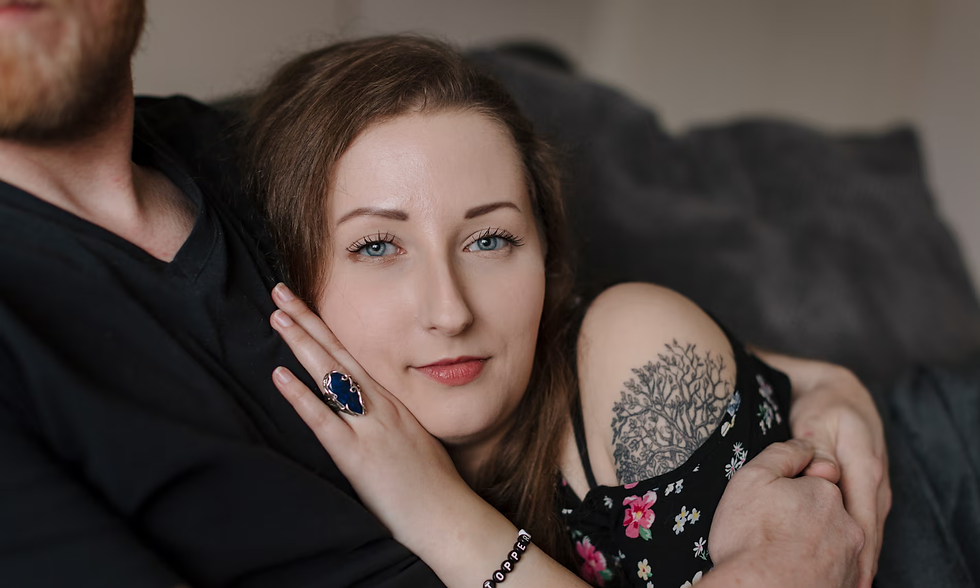Physically healthy Dutch woman Zoraya ter Beek, 29, granted euthanasia approval over her severe depression
A 29-year-old Dutch woman, Zoraya ter Beek, has been granted assisted dying (euthanasia) due to unbearable mental suffering. This decision, under the Netherlands' 2002 law, has sparked debate, especially as cases involving psychiatric illnesses are relatively rare but increasing.
Ter Beek's story highlights the complexities and controversies surrounding assisted dying for mental health conditions. Despite facing immense distress and international scrutiny, she remains firm in her decision, emphasizing the strict rules and safety measures in place in the Netherlands for such procedures.
Her journey began with childhood difficulties and a range of mental health issues, including chronic depression, anxiety, trauma, and autism. Despite intensive treatments over a decade, including electroconvulsive therapy, she found no improvement and reached a point where she felt unable to cope with life.
The process for assisted dying in the Netherlands involves thorough assessments and multiple consultations with medical professionals to ensure the person's informed consent and eligibility based on unbearable suffering with no hope of improvement.

Ter Beek's decision, though difficult, is one she has never wavered from, despite feeling guilt and fear. The support of her partner and medical team has been crucial throughout this process, with every step ensuring her autonomy and choice.
As she prepares for the procedure, she expresses a mix of emotions, including relief and guilt, but also a sense of peace and readiness for what lies ahead.











Comments